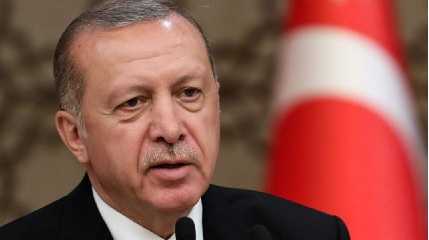
06 July 2022; MEMO: Turkiye has decided to join the Svalbard Treaty, in a move which could advance the country's polar ambitions and access to the Arctic region.
According to the Turkish newspaper, Hurriyet Daily News, the Bill to become a party to the Svalbard Treaty has been signed by President Recep Tayyip Erdogan, officially making the country an applicant to the treaty.
Signed on 9 February 1920, the Treaty recognises Norway's sovereignty over the archipelago of Svalbard – formerly known as Splitsbergen – located almost 2,000 kilometres from the Norwegian mainland. There are currently around 46 countries which recognise and are part of the Treaty.
Under the Treaty, any citizen or company from any nation – at least those which are part of the agreement, is allowed to operate on the archipelago and its waters in the fields of maritime, industry, mining and trade while abiding by Norwegian law. If Turkiye's accession to the Treaty is approved, then it will also have those same rights.
READ: Russia's alternative to the Suez Canal is the Northern Sea Route in Arctic waters
Turkish citizens and companies will then be able to acquire property, attain residency and have fishing rights in the Svalbard archipelago. Turkish students could also possibly study at the University Centre in Svalbard, and Turkish scientists will be able to conduct scientific research in the region at the proposed Turkish Science Station.
Most importantly, it would give Ankara greater access to the Arctic region, allowing it to potentially project its influence and interests in an area that has increasingly become a contested region for dominance by powerful nations such as the US, Russia, China and some European States. Their interests in regards to the Arctic span the desire for the region's energy resources, trade and navigation passages, scientific research activities and economic opportunities.
Turkiye is one of those nations with an interest in staking its claim in the polar regions of the Arctic and Antarctica, running its own polar research programme since 2017 and unsuccessfully applying for a place as an observer member of the Arctic Council last year.




